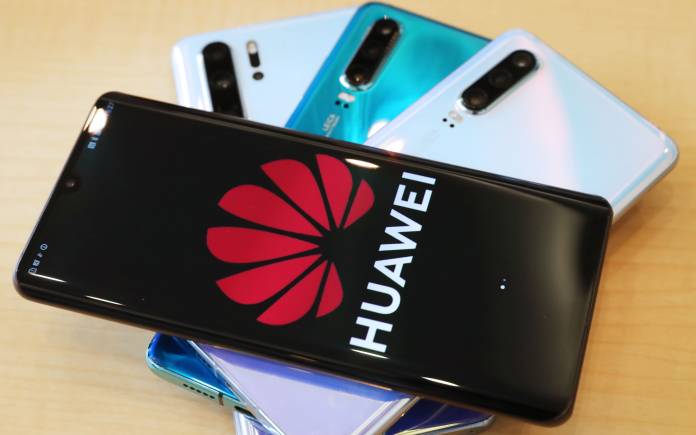
Is Huawei’s US-related woes seeing an end soon? If Commerce Secretary Wilbur Ross had it his way, the answer would be yes. He has “expressed optimism” that a Phase One trade deal with China will be signed between the two countries’ presidents soon. This will pave the way for American companies to start selling components to Chinese-owned Huawei, ending the stand-off that has affected the OEM and the trade and political relations between the U.S. and China.
According to Bloomberg, U.S. President Donald Trump is eager to sign the trade agreement somewhere in the U.S. after Chile cancelled the Asia-Pacific Economic Cooperation summit due to local unrest. But more than just where the deal will be signed with Chinese president Xi Jinping, Ross said they want to make sure that the “particularly complicated” deal will be clear to both sides. As to whether it can be signed within this month, he admits that it’s always possible it may fall through.
One of the core concerns that China will not budge on is the removal of all punitive tariffs that have plagued Chinese-owned businesses like ZTE and Huawei. They want to remove the new import taxes that will start on December 15 which includes smartphones. In return, they will be increasing their purchase of U.S. agricultural products. Ross said there is no commitment yet on the removal of taxes and it will depend a lot on legislative and enforcement issues on China’s part.
The U.S. has an “entity list” which includes companies like Huawei and other Chinese-owned companies. They are now allowed to do business with American companies if they do not have a government license. They are suspected of having close ties with the Chinese government and may be used as spies, hence the blacklisting. Huawei maintains that there is no cyber security issue and despite this pressure from the U.S. government, they are able to maintain their good performance from the previous years.
But this seeming trade war has also been affecting American companies since they cannot do business with these Chinese companies. This is probably one of the reasons why the U.S. government wants to seal the deal and are even wanting to accelerate the approval process for granting licenses to these Chinese firms. We’ll see over the next few days how this trade agreement will fare or fall out.









